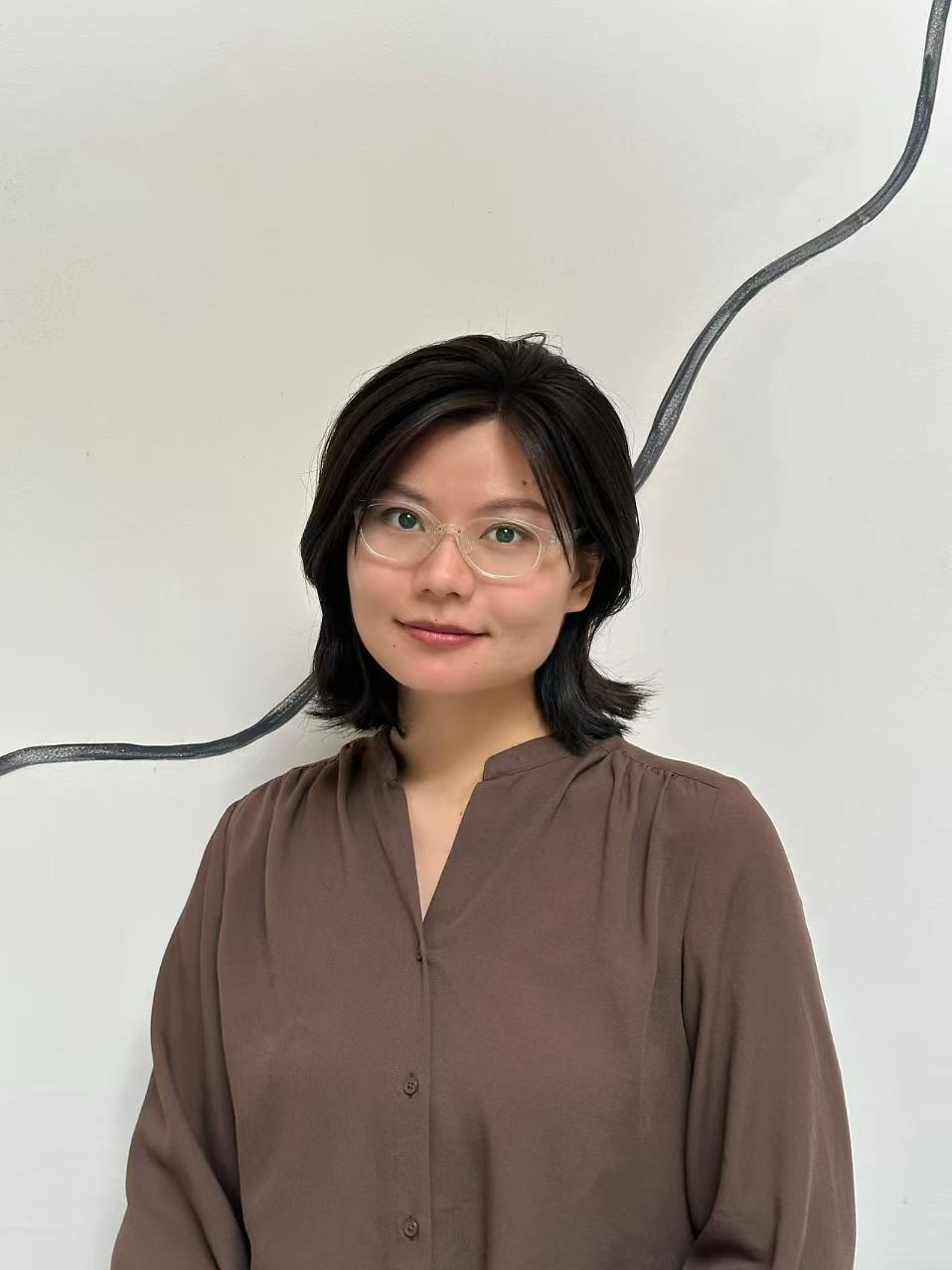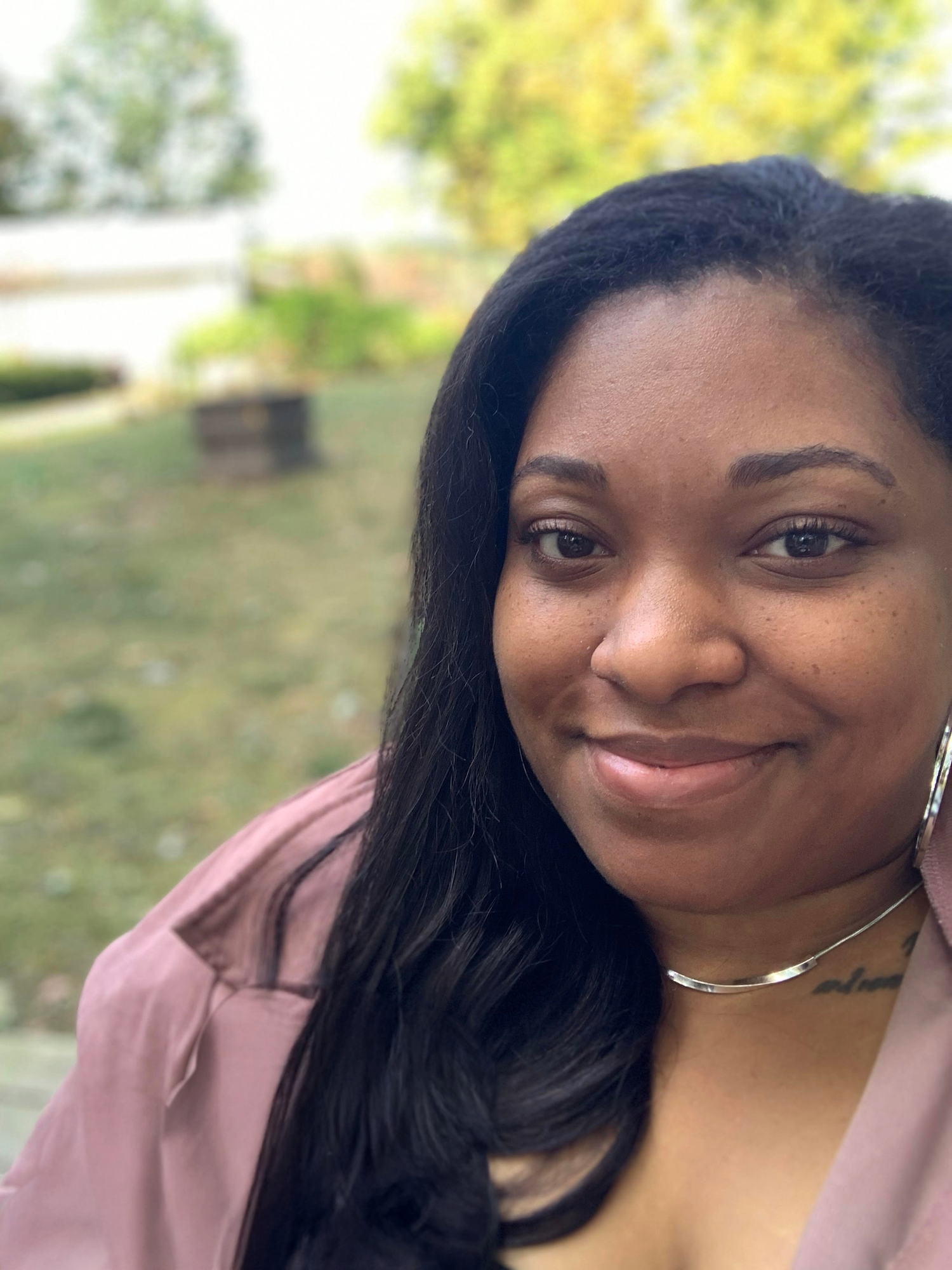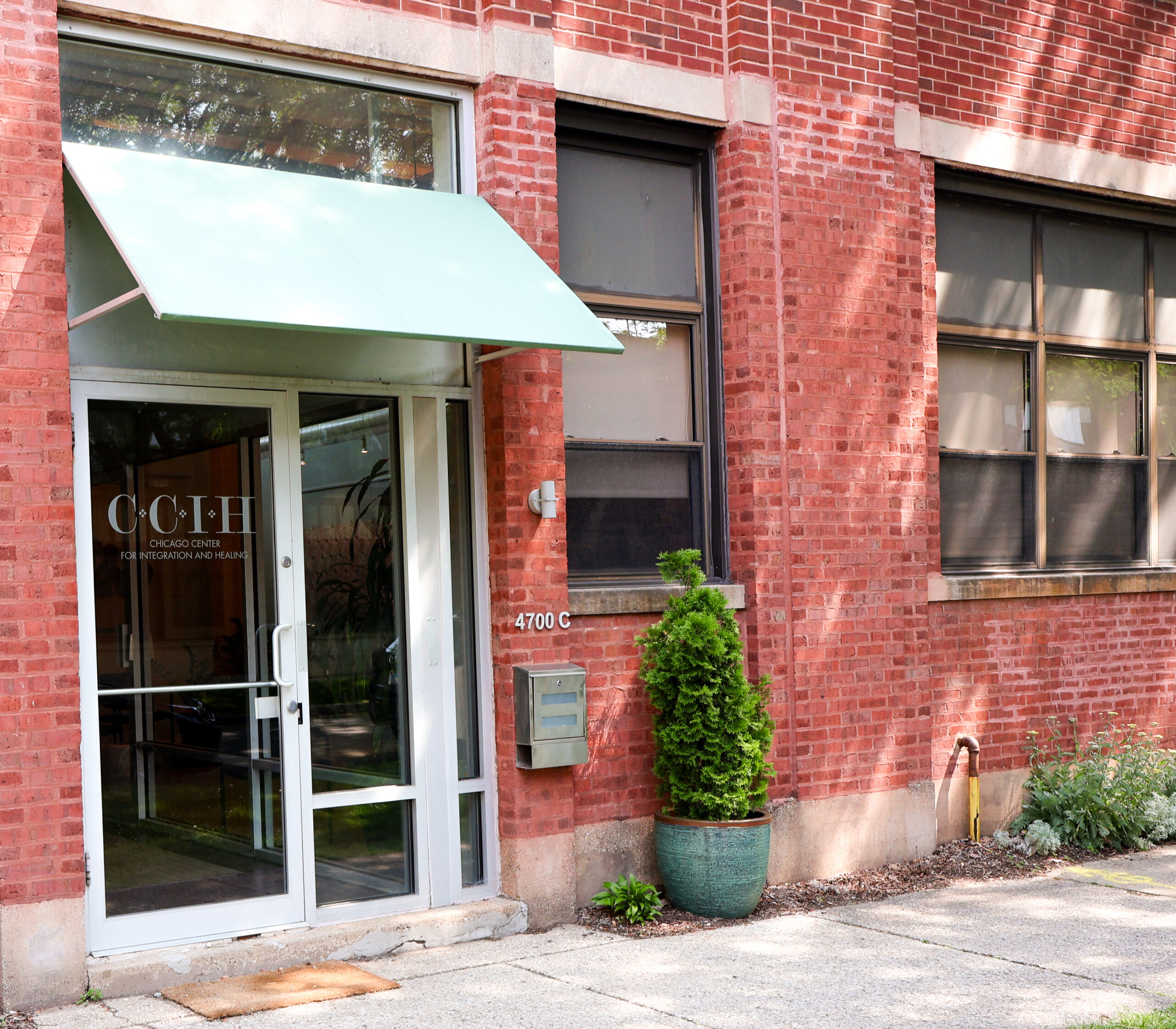Like many therapists, my education and training in clinical psychotherapy primarily comes from a psychodynamic framework. I learned all about relational and attachment psychotherapy, family systems theory, as well as some cognitive-behavioral approaches and basic mindfulness techniques here and there. I am so grateful for all of this foundational framework and I consider it all to be very helpful with clients. After all, I still primarily consider myself a “relational psychodynamic therapist.” Over the years, however, as I continued to encounter more and more clients suffering from unresolved trauma and who found previous traditional therapy to be unhelpful or limited at best, I realized that psychodynamic (and other) approaches were not enough to affect real felt change in these clients’ inner lives. It became clear that some element was missing that was needed to help integrate the various internal parts that had become fragmented for these clients due to past traumatic events and attachment dynamics. This missing element is the body & embodied awareness! Years ago, fate linked me to a monthly consultation group at CCIH with Amy Zajakowski-Uhll. She shared a strong trauma-informed perspective with us that included Sensorimotor Psychotherapy (SP) approaches based on the work of Pat Ogden. When the SPI (Sensorimotor Psychotherapy Institute) began their Level I course in Chicago for the first time in a decade, I enrolled and dove in to learn more.
Several years later, after completing both the Level 1 & Level 2 trainings for SP, I can say that SP has opened my eyes both professionally and personally. I learned about the various ways that trauma is processed and stored by the body and through the 5 senses. I learned about effective approaches for processing the trauma in mindfulness-based awareness that help clients move towards transformation and integration. Perhaps the best part is that I got to experience this for myself, as SP trainings always stress experiential learning. With the help of my supportive colleagues in the trainings, I got into contact with my “inner child” as he lives in my body and nervous system. I was able to begin to heal some of my own emotionally traumatic experiences that had been dormant inside of me for years and only understood by me through intellectual concepts (“my anxiety symptoms” or “my codependent nature”). This process of healing continues in my own personal therapy, of course, but my experience in the SP trainings helped me to truly understand the embodied and emotional effects of the trauma and work through it in a new, powerful and comprehensive way.
Having experienced it myself, I feel all the more confident using SP with clients who show an interest and are willing to try it. It is the sense of recognition that I see in my clients when they feel the healing shift from an embodied awareness that inspires me. It is hard to explain with mere words but SP helps to provide the language and its powerful. Like a picture, it’s worth a thousand words.
If interested in learning more about SP, check out the SPI website at https://www.sensorimotorpsychotherapy.org/home/index.html
To register for the next Level I training in Chicago starting in September 2020, click here: Level 1 Training Chicago









